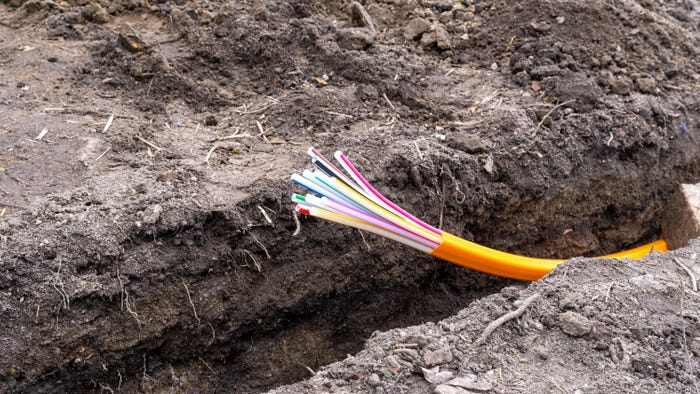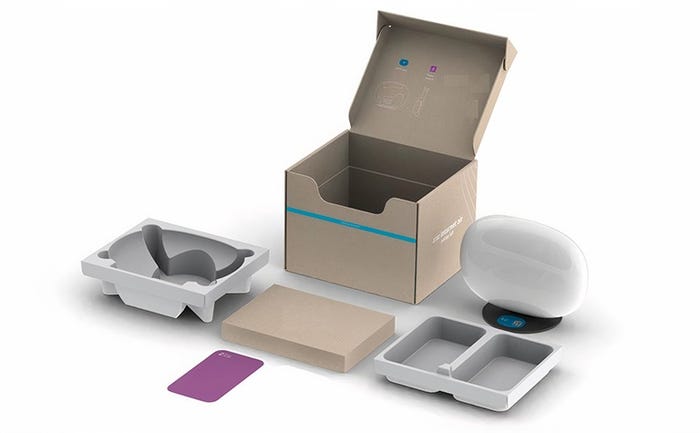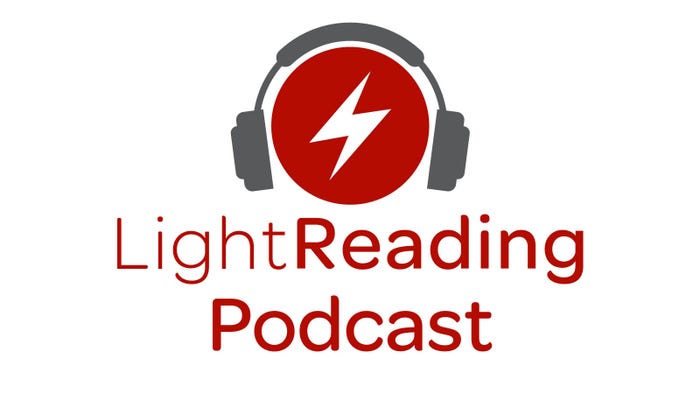Fiber optic cable being installed underground.
Broadband
Altnets hit nearly 2M UK fiber connections but still lag Openreach – reportAltnets hit nearly 2M UK fiber connections but still lag Openreach – report
Altnets' live FTTP connections may have hit 2 million, but they are still well behind Openreach's, shows a report by altnet organization INCA and Point Topic.
Subscribe and receive the latest news from the industry.
Join 62,000+ members. Yes it's completely free.








.jpg?width=300&auto=webp&quality=80&disable=upscale)


























.jpeg?width=300&auto=webp&quality=80&disable=upscale)





